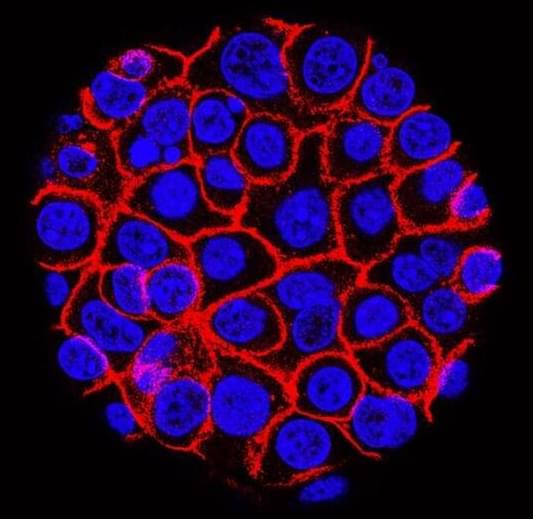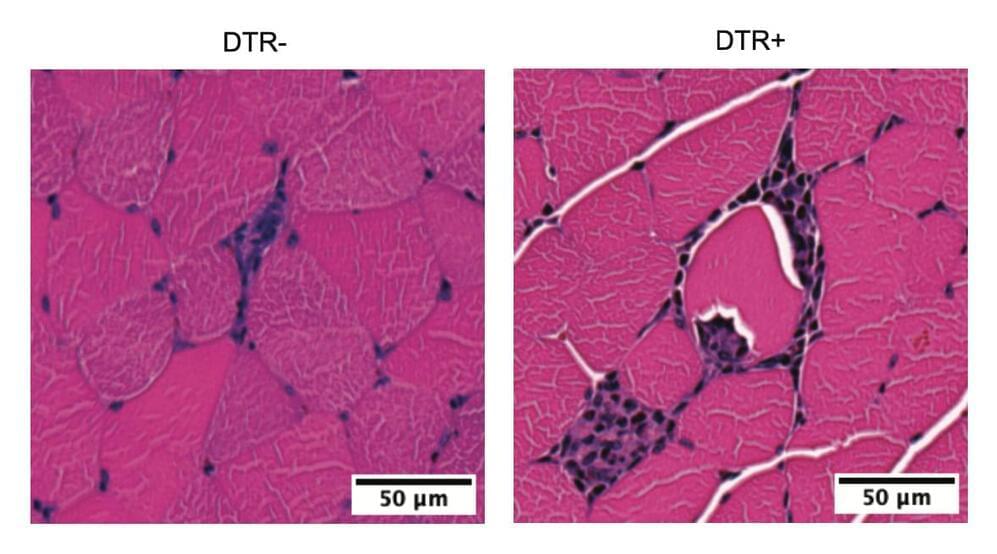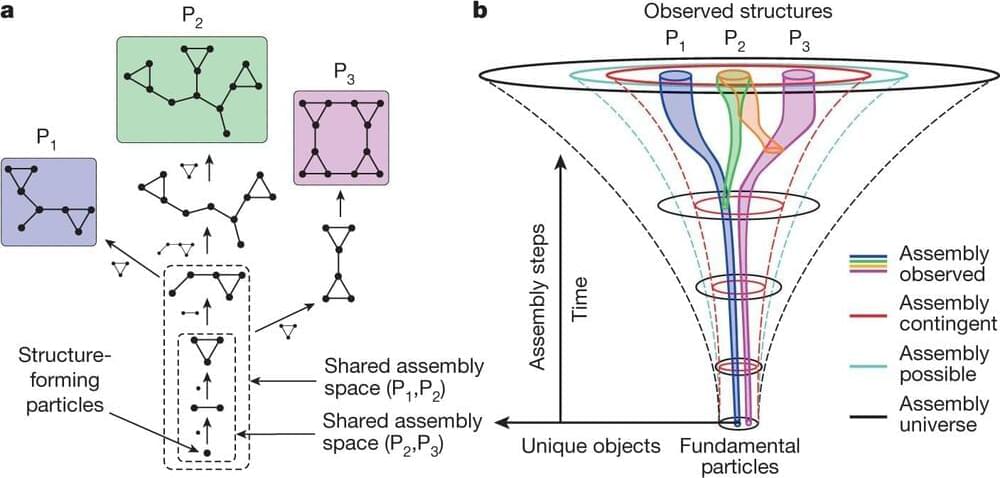An AI that can identify the patients most at risk of pancreatic cancer could lead to earlier detection of the deadly disease, which currently kills 88% of patients within 5 years of diagnosis.
The challenge: People with pancreatic cancer typically don’t experience any symptoms until a tumor is large or the cancer has spread to other organs. As a result, most aren’t diagnosed until their cancer is advanced and much harder to treat.
Screening people without symptoms for pancreatic cancer could lead to earlier detection, but the only tests for it are expensive or invasive. As a result, they’re reserved for the few people doctors believe are at high risk of pancreatic cancer, due to a family history of the disease, for example.







